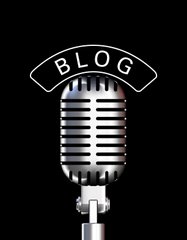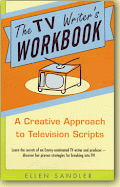


 Theresa Park - Agent, Owner and Founder of Park Literary Agency was a Silicon Valley attorney turned Literary Agent, in New York. She made her mark representing strong commercial fiction and serious non-fiction.
Theresa Park - Agent, Owner and Founder of Park Literary Agency was a Silicon Valley attorney turned Literary Agent, in New York. She made her mark representing strong commercial fiction and serious non-fiction.Her clients include prominent scientist, journalists and established academics venturing into the world of commercial publishing, as well as writers of thrillers, action-adventure novels and modern love stories.
One of her famous client is Nicholas Sparks, an internationally bestselling American author of the number one New York Times bestsellers The Notebook, Message in a Bottle, The Guardian, and many more.
Her list reflects her particular interest in first-time authors, her commitment to the long-term success of her clients’ careers and her love of deal making. Ms. Park is a graduate of Harvard Law School. Ms. Park is one of the founder
The Park Literary Group when she and other colleagues left.
E.I. How do you define a well-crafted commercial fiction? Do you consider commercial fiction as the dessert of all fiction because it sticks to our soul? It’s empty calories, harmless unless overindulged? What is your opinion?
Theresa Park: Great commercial fiction simultaneously offers first-rate entertainment and emotional catharsis. Usually plot-driven enough to create a heightened sense of suspense and curiosity (i.e., a page-turner), it also takes the reader on an emotional rollercoaster ride: engagement, euphoria, loss, and redemption / fulfillment; or alternatively, stasis, loss, terror, courage, and triumph. It should make for a transporting experience, even if it’s not always a deeply profound one.
An escapist novel need not be viewed as “empty calories,” since a particularly skilled author can sometimes craft a commercial thriller or love story that incorporates substantive historical or intellectual elements: think of The Instance of the Fingerpost, The Name of the Rose, Memoirs of a Geisha. As with literary fiction, some commercial novels feel generic and forgettable, while others introduce ideas or emotional conflicts that remain with us long after we’ve finished the last page. Many may take issue with a book’s artistic limitations, but who can forget the wrenching emotional dilemma of The Bridges of Madison County, the bold premise of The Bourne Identity, the heartbreaking choices and ravaged landscapes of The Good German, or even the epic complexity of George R.R. Martin’s books?
Commercial fiction may not always rise to the level of “Art,” but I would argue that it requires a highly disciplined sense of craft – at its best, meticulous plotting, precise control of suspense and pacing, universal and yet memorable characters, powerful emotional triggers, and a supremely satisfying ending. A fantastic commercial novel always succeeds in reminding you why books are still a better form of entertainment than movies or TV – easily worth the additional effort and time.











.png)

No comments:
Post a Comment